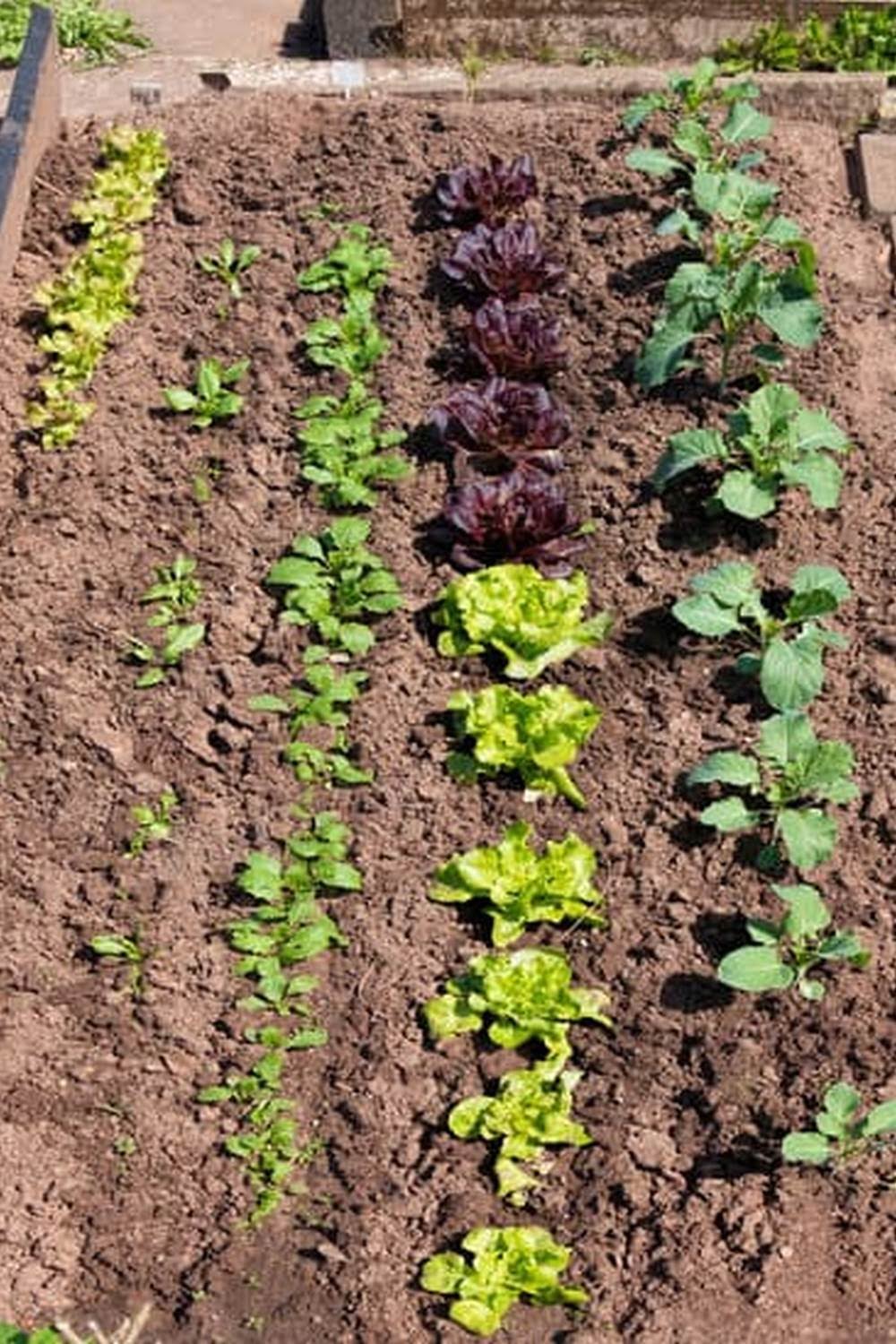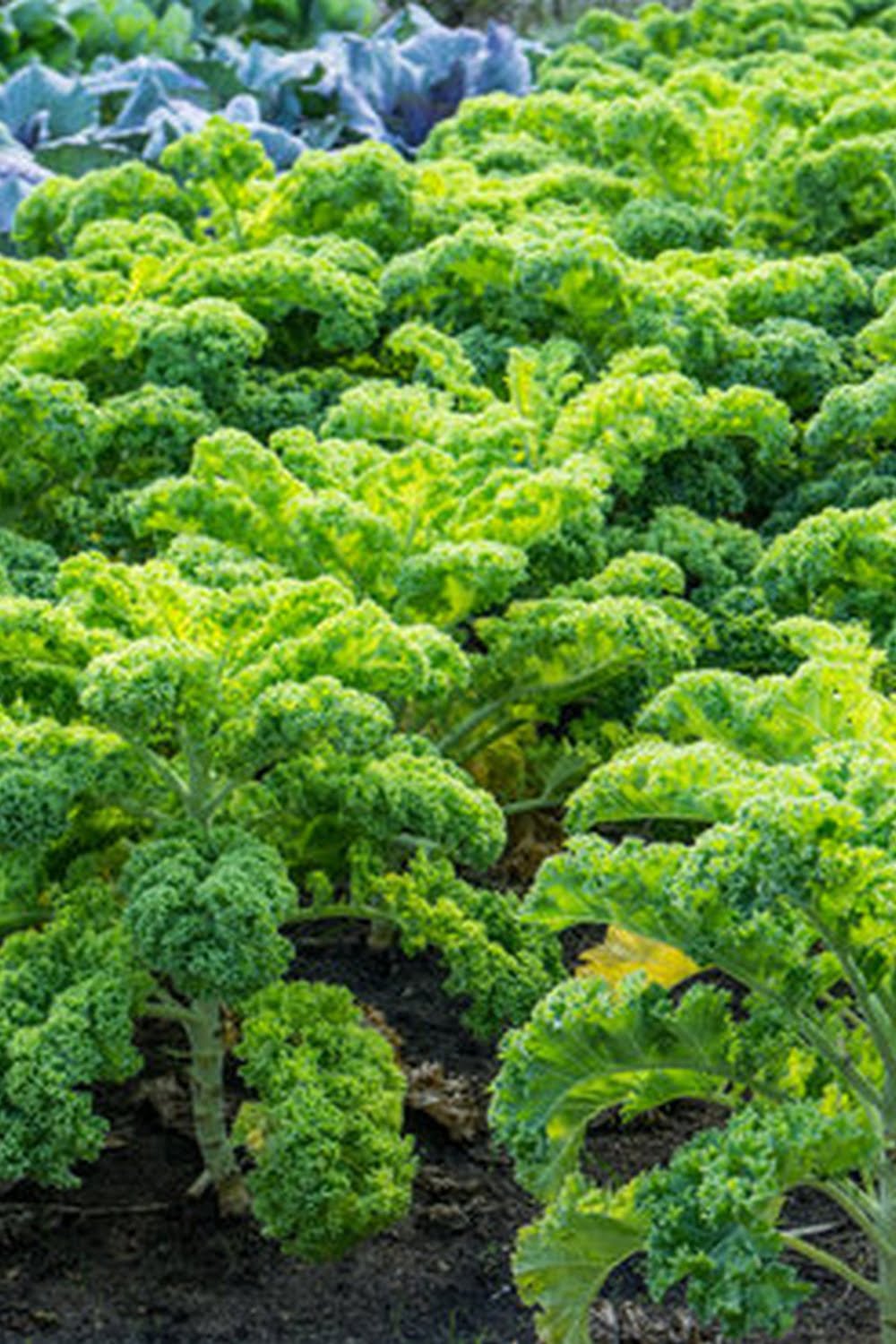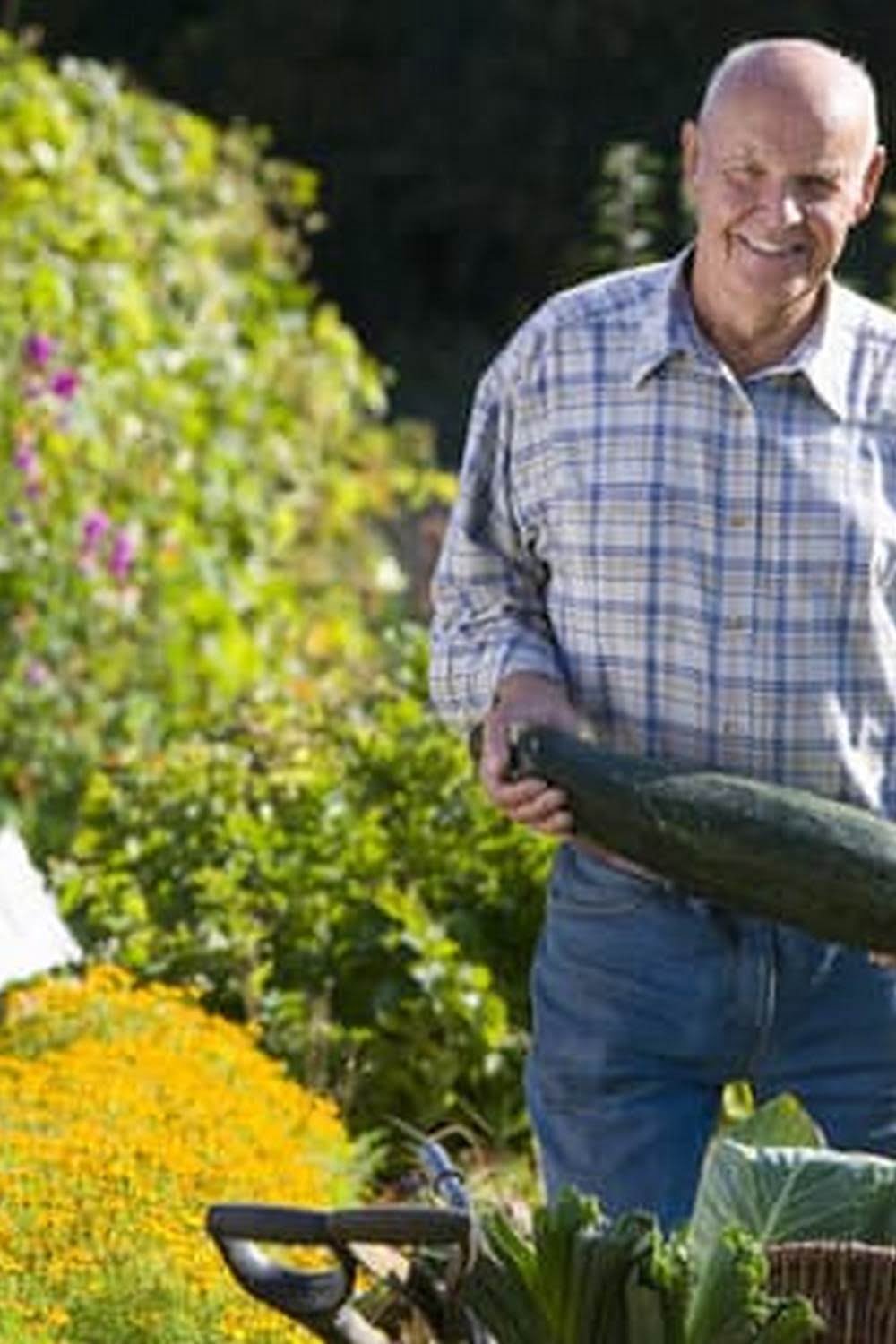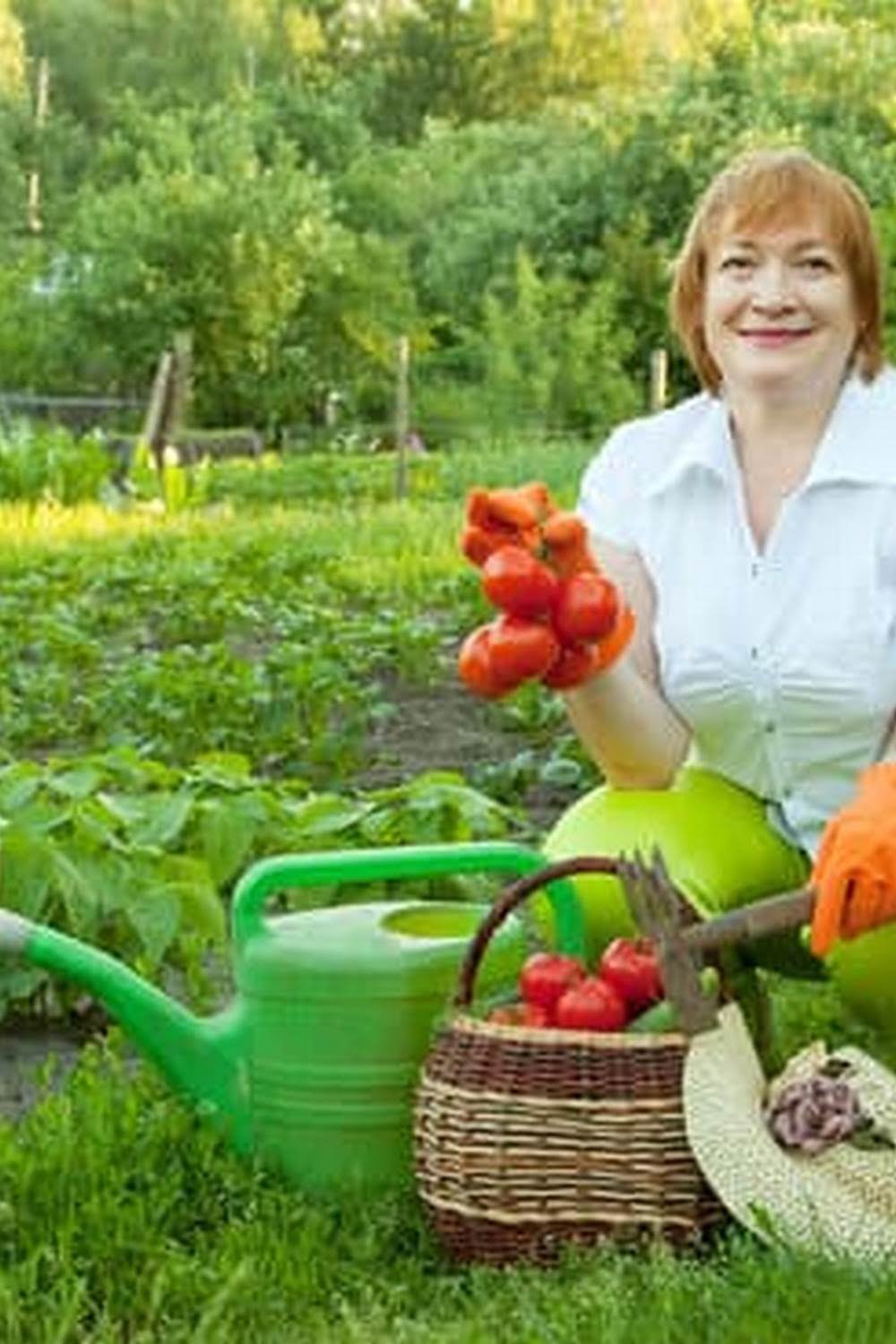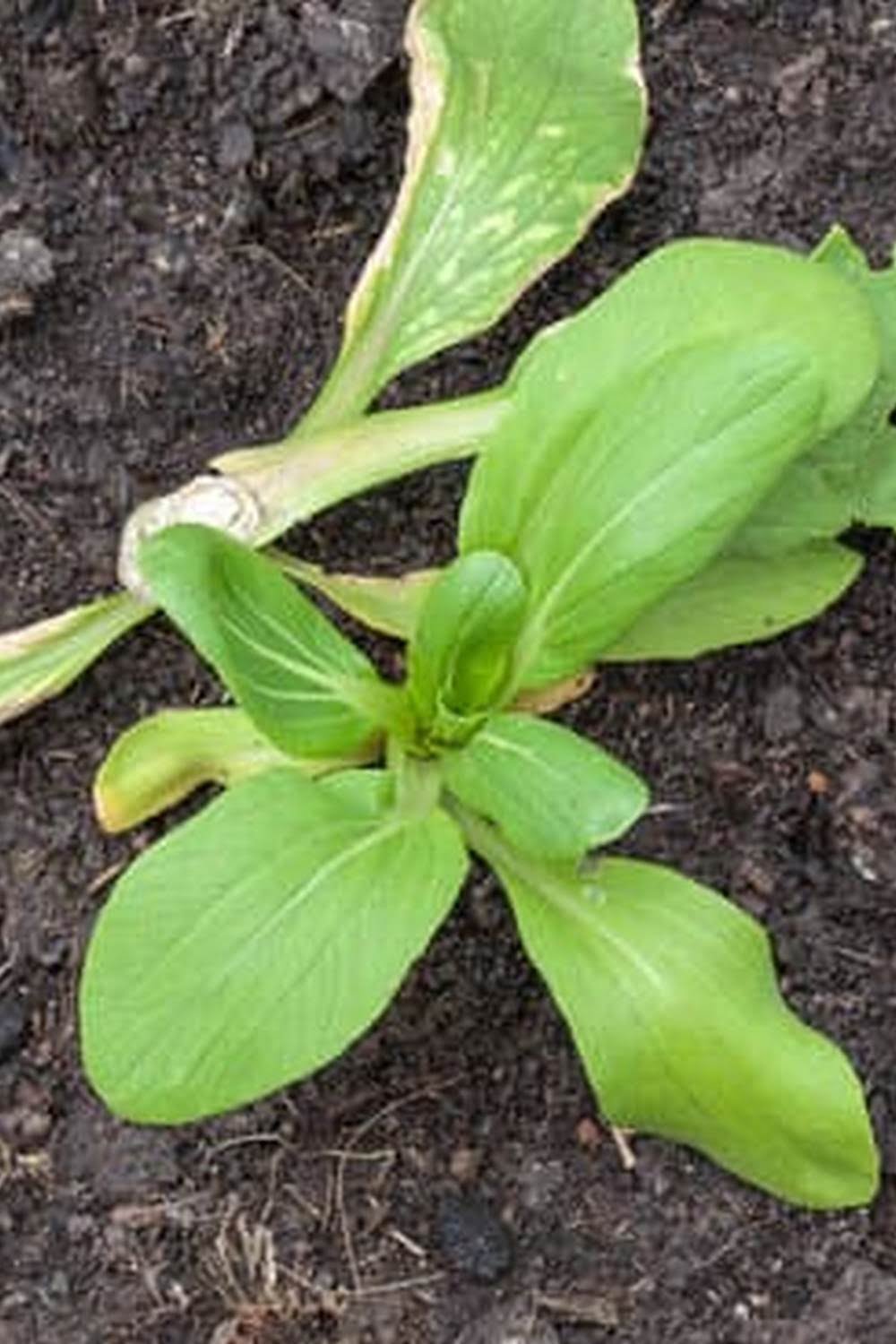Best Soil Test For Vegetable Garden
If you are a vegetable gardener, then you know the importance of soil testing. The best soil test for vegetable garden will help you to determine the pH level, nutrient levels, and organic matter of your soil. This information is important because it will help you to determine what amendments, if any, are needed to improve your soil.
There are a number of ways to test your soil, but the most accurate way is to send a soil sample to a lab. However, this can be expensive and time-consuming. If you are not able to send a soil sample to a lab, you can do a soil test yourself using a soil testing kit.
pH
The pH of your soil is important because it affects the availability of nutrients to your plants. Soil with a pH of 7 is considered neutral, while soils with a pH below 7 are acidic and soils with a pH above 7 are alkaline. Most vegetables prefer a slightly acidic soil with a pH of 6.5-7.0.
If your soil pH is too acidic or too alkaline, you can amend it by adding lime or sulfur, respectively. However, it is important to test your soil before you amend it, because adding too much lime or sulfur can also be harmful to your plants.
Nitrogen
Nitrogen is one of the most important nutrients for plants and it is essential for healthy growth. The amount of nitrogen in your soil can be determined by a soil test. Soil with a low nitrogen level can be amended by adding organic matter or nitrogen fertilizer.
Organic Matter
Organic matter is important for healthy soil because it helps to improve the structure of the soil and it provides nutrients to plants. The amount of organic matter in your soil can be determined by a soil test. Soil with a low organic matter level can be amended by adding organic matter or compost.
Amendments
If you determine that your soil needs amendments, it is important to choose the right amendments. Not all amendments are created equal, and some can be harmful to your plants. Soil amendments should be chosen based on the pH, nitrogen, and organic matter levels of your soil.
Lime is a good amendment for acidic soil, nitrogen fertilizer is a good amendment for low nitrogen soil, and compost is a good amendment for low organic matter soil. It is important to read the labels of amendments before you purchase them, and it is always a good idea to test your soil before you amend it.
Soil testing is an important part of vegetable gardening. The best soil test for vegetable garden will help you to determine the pH level, nutrient levels, and organic matter of your soil. This information is important because it will help you to determine what amendments, if any, are needed to improve your soil.
When Is The Best Time To Start A Vegetable Garden
There is no one definitive answer to this question. The best time to start a vegetable garden depends on your climate, the type of vegetables you want to grow, and your own personal gardening preferences.
If you live in a temperate climate, the best time to start a vegetable garden is in the spring, when the weather is warm and the soil is moist. If you live in a warm climate, you can start a vegetable garden at any time of year.
If you want to grow vegetables that require a lot of sunlight, such as tomatoes or peppers, the best time to start a vegetable garden is in the spring or summer. If you want to grow vegetables that can tolerate shade, such as lettuce or spinach, the best time to start a vegetable garden is in the fall or winter.
If you are a beginner gardener, the best time to start a vegetable garden is in the spring, when the weather is warm and the soil is moist. The spring is also a good time to start a vegetable garden if you want to grow vegetables that require a lot of sunlight.
Best Ph For Garden Vegetables
The best pH for garden vegetables is 6.0-6.8. This is the range of pH that will provide the best nutrient uptake for your plants. If your pH is outside of this range, you can adjust it by adding lime or sulfur to your soil.
Best Attract Pollinators Vegetable Garden
When you’re planning your vegetable garden, you may want to consider adding plants that will attract pollinators. Pollinators are important for the health of gardens and crops, and many pollinator-friendly plants are also delicious additions to the garden.
There are many different types of pollinators, but some of the most common ones are bees, butterflies, and hummingbirds. All of these creatures are attracted to different types of plants, so you can mix and match to create a pollinator-friendly garden that will be sure to please everyone.
Bees are attracted to plants with large, showy flowers. Some good bee-attracting plants include lavender, bee balm, and black-eyed Susans.
Butterflies are drawn to brightly-colored flowers, and they also love nectar. Good butterfly-attracting plants include zinnias, cosmos, and milkweed.
Hummingbirds are attracted to red and orange flowers, as well as plants with a lot of nectar. Good hummingbird plants include trumpet vine, honeysuckle, and salvia.
By including a variety of pollinator-attracting plants in your garden, you’ll not only help the local pollinators, but you’ll also get to enjoy the lovely flowers and delicious fruits and vegetables that they produce.
Best Soil Mix For Raised Vegetable Garden
A healthy and productive vegetable garden begins with the soil. The best soil mix for a raised vegetable garden is a combination of organic matter, such as compost, and inorganic matter, such as sand or gravel. The organic matter provides nutrients and the inorganic matter provides drainage.
A soil mix for a raised vegetable garden should be well-drained and have a pH of 6.5 to 7.0. The mix should also be high in organic matter, with a ratio of 50% organic matter to 50% inorganic matter.
To create a soil mix for a raised vegetable garden, combine one part compost, one part sand, and one part gravel. Mix well and fill your raised garden bed.

If you’re looking to get into vegetable gardening, or are just looking for some tips on how to make your current garden better, then you’ve come to the right place! My name is Ethel and I have been gardening for years. In this blog, I’m going to share with you some of my best tips on how to create a successful vegetable garden.

